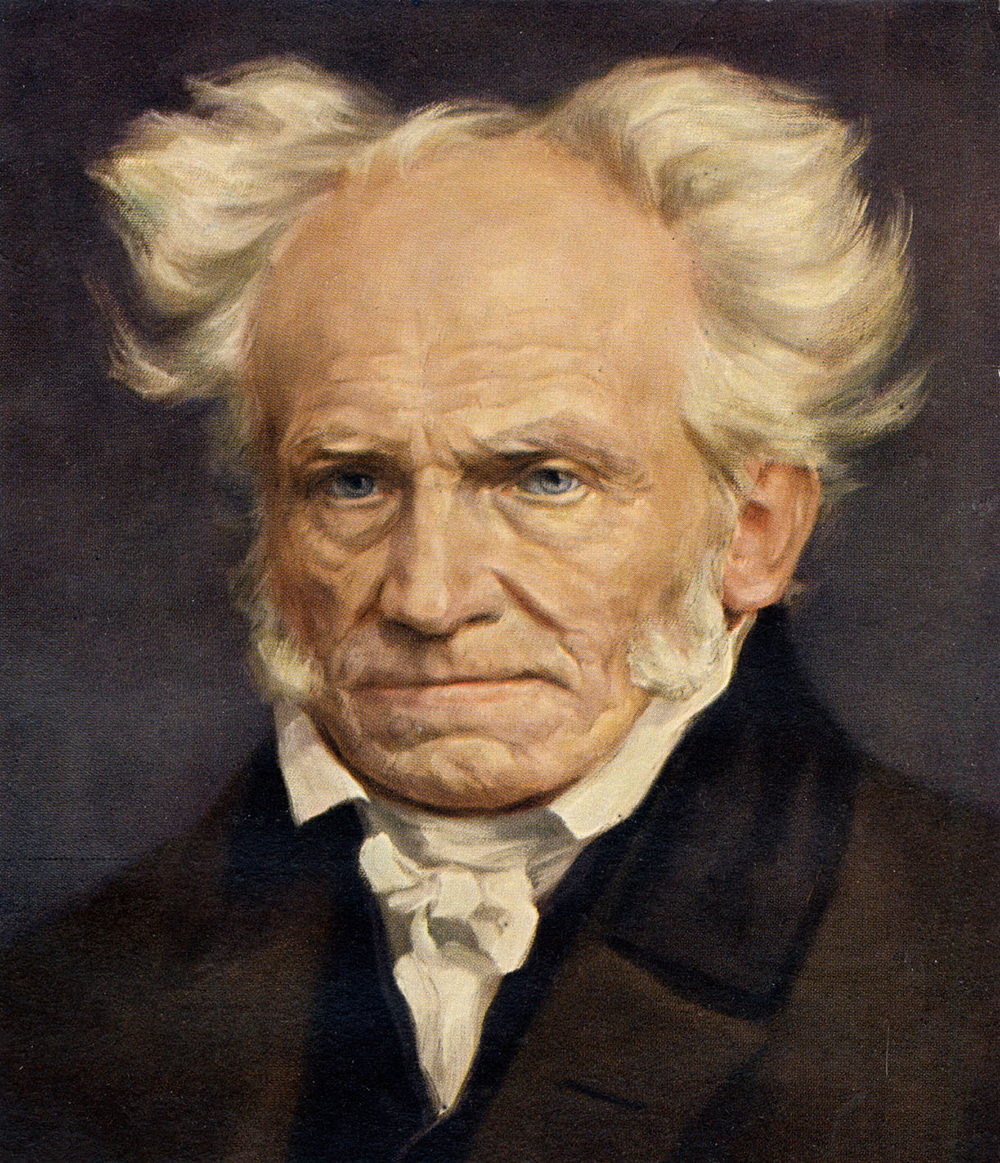The Budget has started a fight between the government and GPs. As is often the case with doctors, that fight is about money, but there is also something even more valuable at stake: the proper public understanding of general practice and the NHS.
When I ran a thinktank, I kept a list of things I wished the public understood about government and public policy. Top of the list was: ‘No, your state pension isn’t funded by your own National Insurance payments – it’s funded from the taxes of today’s workers.’
Health got lots of entries on the list too:
- ‘The NHS’ isn’t one big organisation; it’s lots of small and medium ones.
- The British Medical Association isn’t a medical authority seeking better care for patients – it’s a trade union seeking more money for doctors.
- GPs aren’t part of the NHS; they’re private contractors who make a profit from providing healthcare.
Thanks to Darren Jones, the Chief Secretary to the Treasury, that last fact might be reaching more of the public. The reason is the government’s plan to raise employers’ National Insurance rates, effectively taxing them more for employing workers.
Public sector bodies are being spared that rise but, as things stand, private organisations aren’t, even if they provide vital services to the public. That list includes charities, care home providers and GP partnerships.
‘GP surgeries are privately owned partnerships and not part of the public sector and will therefore have to pay,’ Mr Jones said last week, with the admirable frankness that makes him a politician worth watching very closely in the years ahead.
Mr Jones’s words have made the British Medical Association unhappy. Some would consider the BMA’s complaint as evidence in itself that Mr Jones is doing the right thing, but the point still bears a little exploration.
GPs are not part of the NHS and never have been. Indeed, they almost prevented its creation. In January 1948, some 84 per cent of GPs in the BMA voted against the new service.
And when the NHS was established, GPs stayed outside it, preferring to organise themselves via partnerships. These are private organisations that are paid by the NHS to dispense services. Partnerships are not, legally speaking, companies but are private entities owned by individuals who share any profits they make. The average GP partner made £140,000 in 2022/23, roughly £13,000 more than the previous year. (Non-partner GPs earn lower salaries, but pay comparison is tricky because they’re more likely to work part-time.)
Is the partnership model a good idea? Let’s ask a doctor – Tom Riddington, a (non-partner) GP in Dorchester.
Dr Riddington says:‘Partners are contractors, not NHS employees. We are, to be blunt, incentivised to provide the cheapest possible care that fulfils our obligations to our patients.’
What does that look like in practice? Some of this comes down to drugs. Some GP practices directly administer drugs, including vaccines and contraceptives, among others. They buy these drugs at the lowest possible cost then get paid a standard rate by the NHS for administering them.
The margins available here are quite high.
According to specialist medical accountants at Page Kirk, ‘a typical non-dispensing GP practice would expect a drug profit of around 25–30 per cent, while dispensing practices can aim for 30–35 per cent.’
Profits create incentives. Are the incentives here working in favour of patients, or taxpayers?
In 2021, a study at York University found that GPs who stood to make a profit from medicines tended to prescribe more of those drugs to patients:
Our analysis provides evidence that English GPs modify their prescribing behaviour when permitted to dispense medications in ways that are consistent with a profit motive. These behavioural differences are unlikely to be explained by differences in the healthcare needs of their local patient populations.
None of these things are secret. The nature of GP partnerships and the financial framework in which they operate are facts knowable to the public, but in reality almost never discussed. Partly that’s because they’re pretty complicated and often boring. Partly it’s because GPs’ representatives have been very careful to keep quiet about the financial reality of ‘family doctors’ as profit-seekers.
Personally, I’m quite relaxed about the idea of people and organisations making a profit from providing public services: I think the incentive to make money can, in the right framework, deliver better outcomes for service-users and taxpayers.
But I’m also very committed to political debate based on facts, and the fact that GP partnerships are private contractors outside the NHS is almost always absent from public debate about healthcare. The BMA appears to calculate that voters don’t really like the idea of doctors making money out of treating them, so it keeps quiet and hides behind the sacred NHS brand.
The incentive to make money can, in the right framework, deliver better outcomes
If more voters knew about GPs making a profit from treating them, would doctors’ political strength in negotiations with government change?
It’s a thought to ponder, especially for the BMA as it takes on Mr Jones. A minister armed with facts and the willingness to use them could be a dangerous opponent.
Especially if this fight leads to a bigger conversation about the relationship between GPs and the NHS. A few years ago, there was chatter in healthcare circles about the case for effectively nationalising general practice, ending the partnership model and bringing GPs into salaried employment.
Wes Streeting, now health secretary, looked closely at such plans before backing away a little – after fierce objections by the BMA – but the idea surely hasn’t gone away forever. Especially since Labour has an urgent need to get better value for money in healthcare to help justify its tax increases.
It’s also worth noting that a few doctors, such as Tom Riddington, are in favour of nationalisation, arguing that it would give doctors clearer incentives to serve patients.
The BMA’s case against GP partnerships paying higher National Insurance is that doing so might make them financially unviable – by eroding their profits. The more clearly that argument is heard by the public, the greater the chance that voters start to take a more informed interest in GP finances. It would be no surprise if this means GP nationalisation returns to the political agenda.









Comments